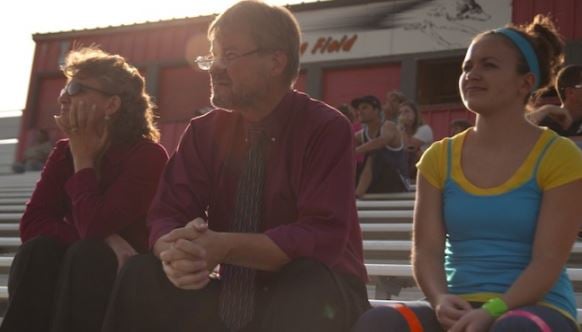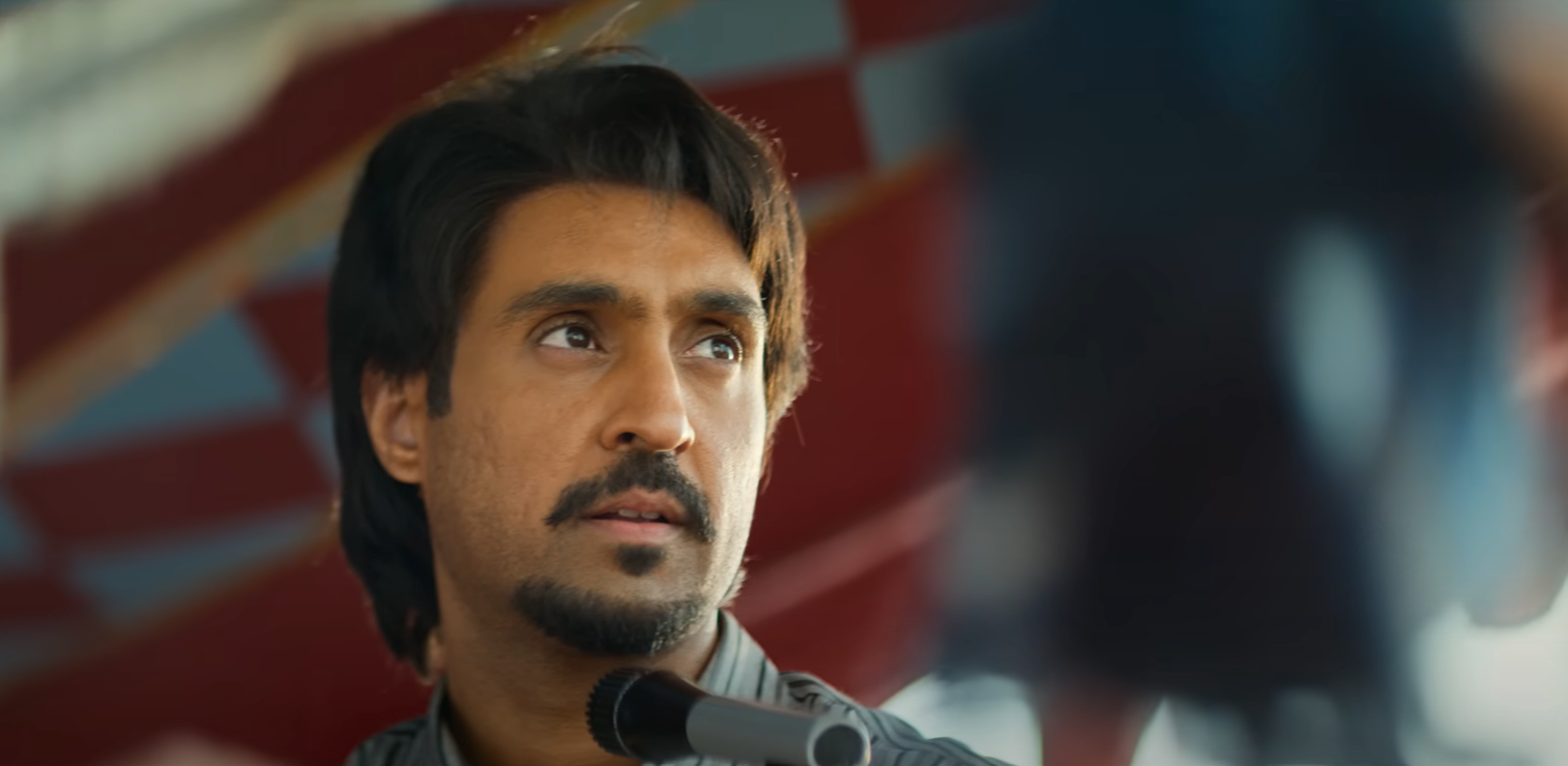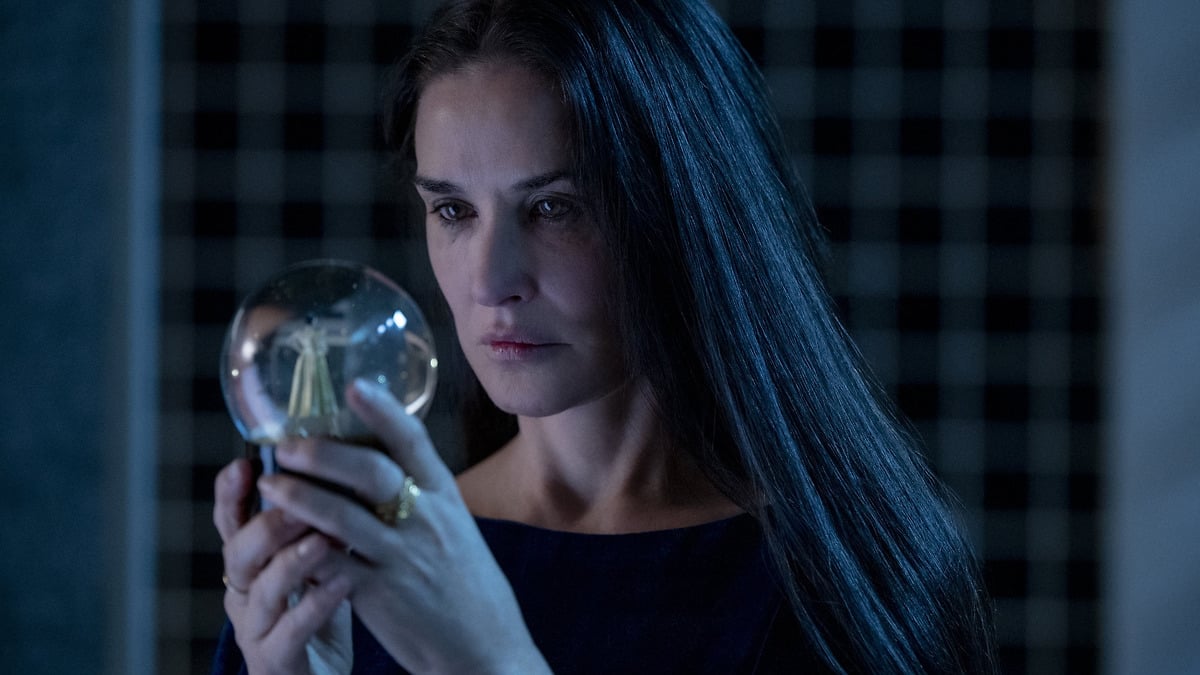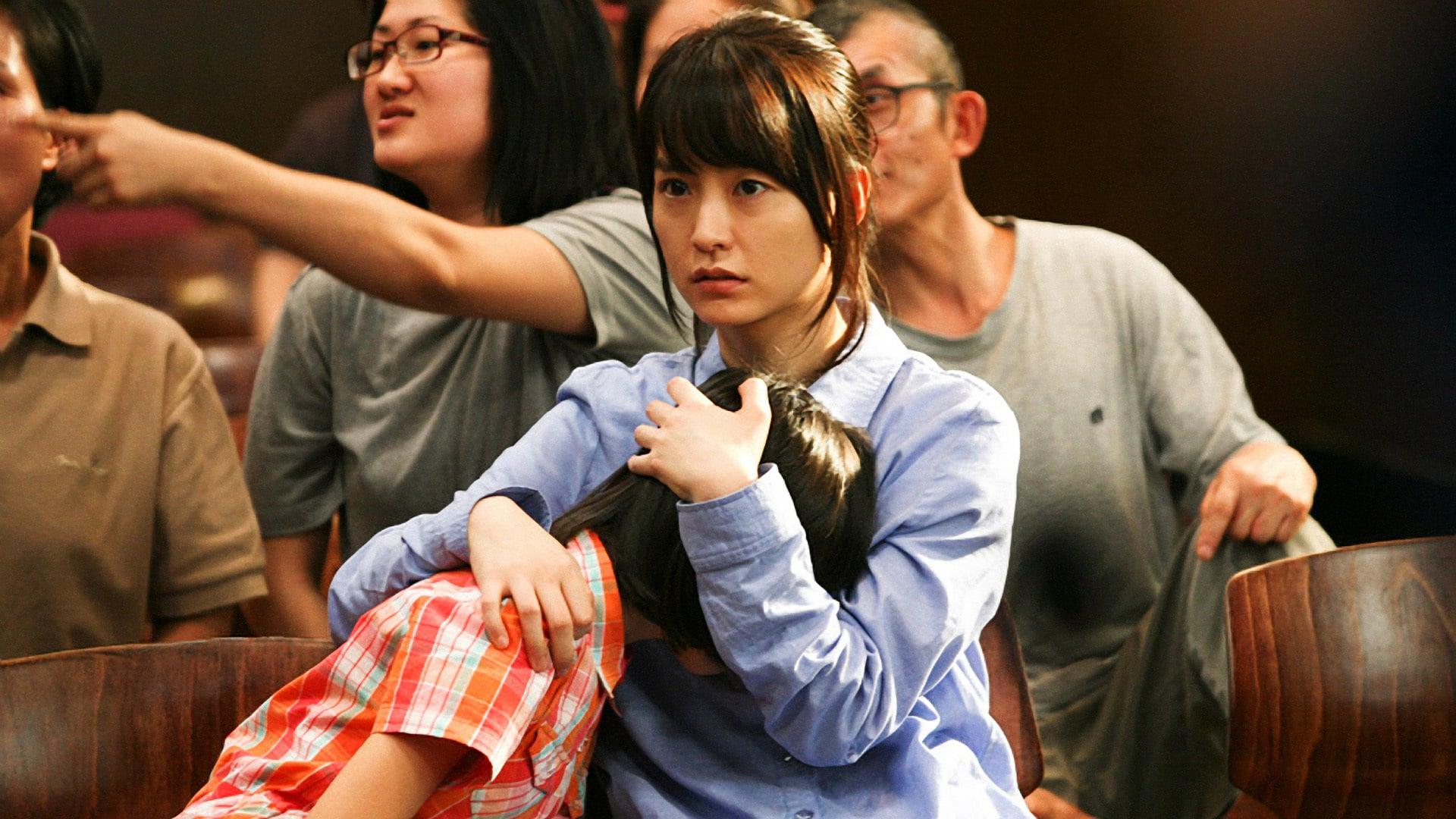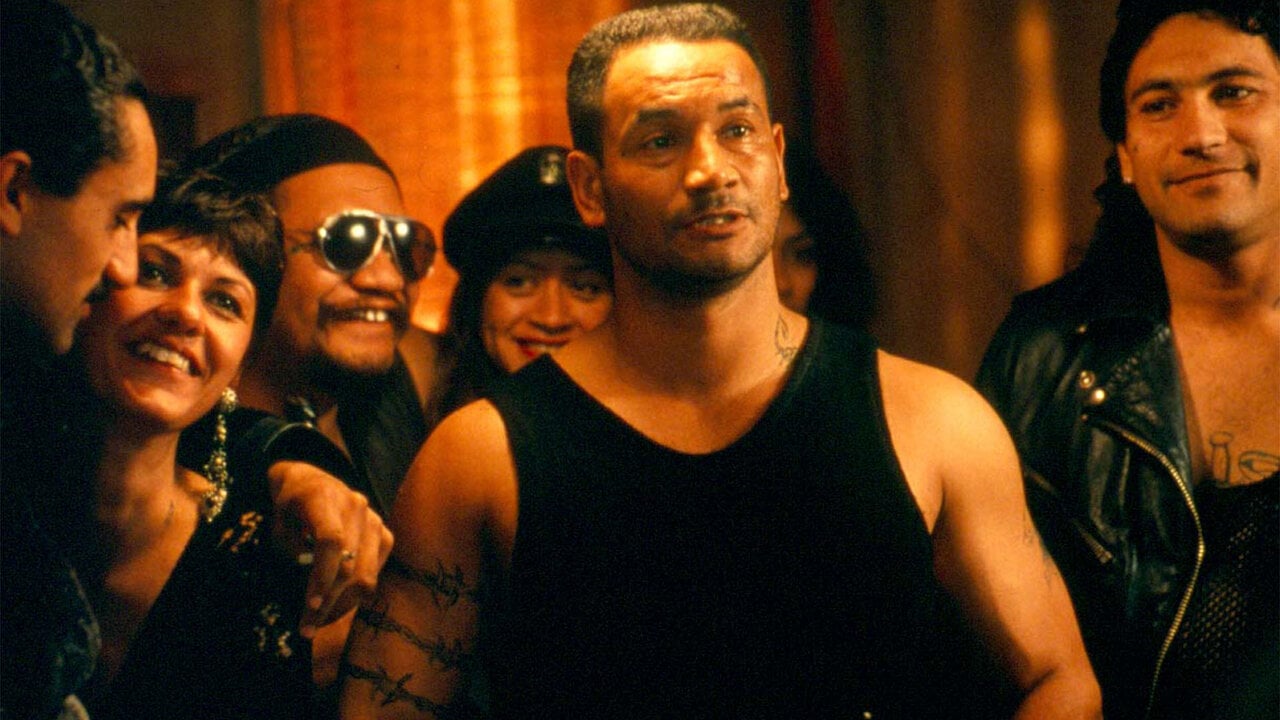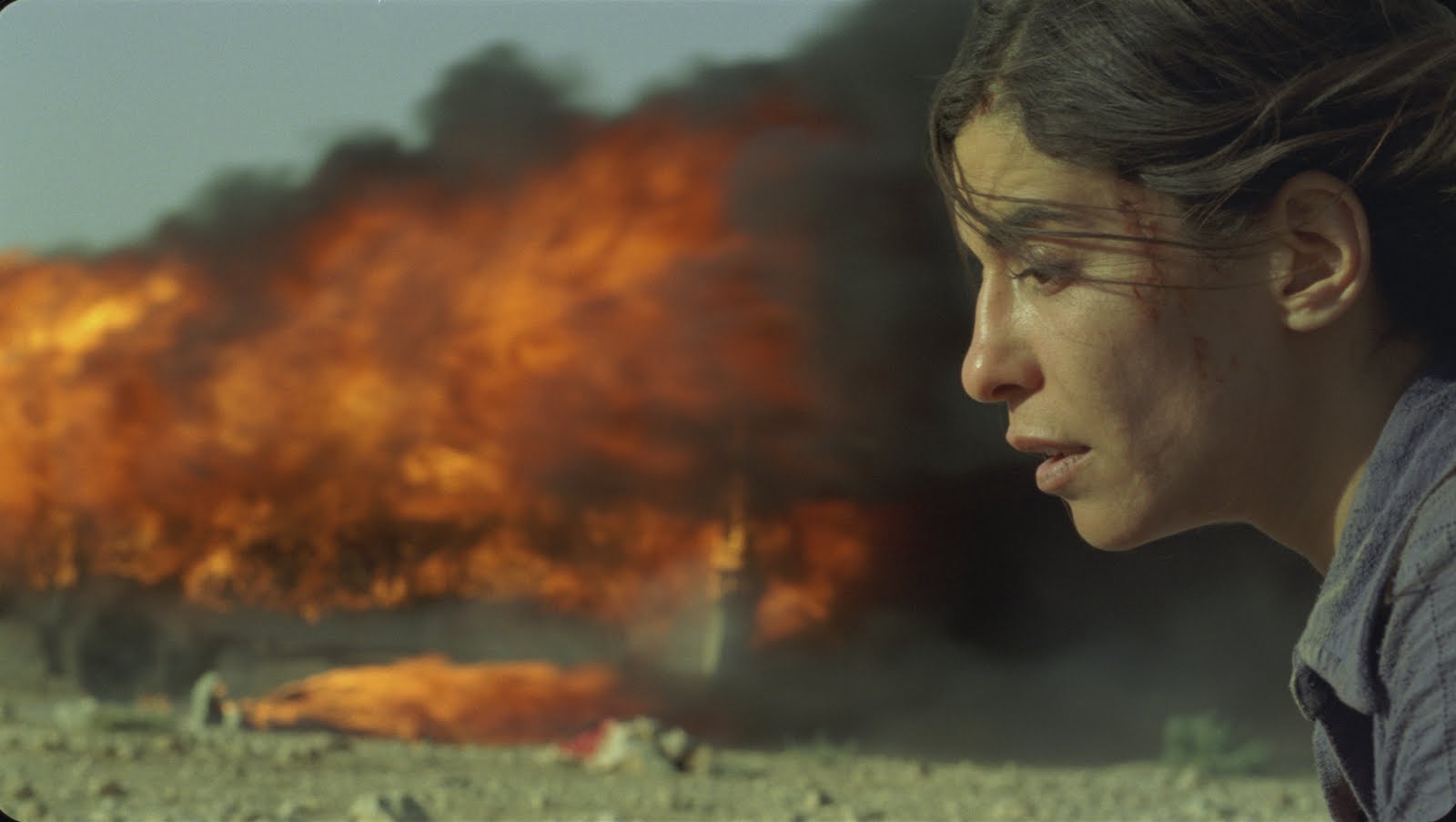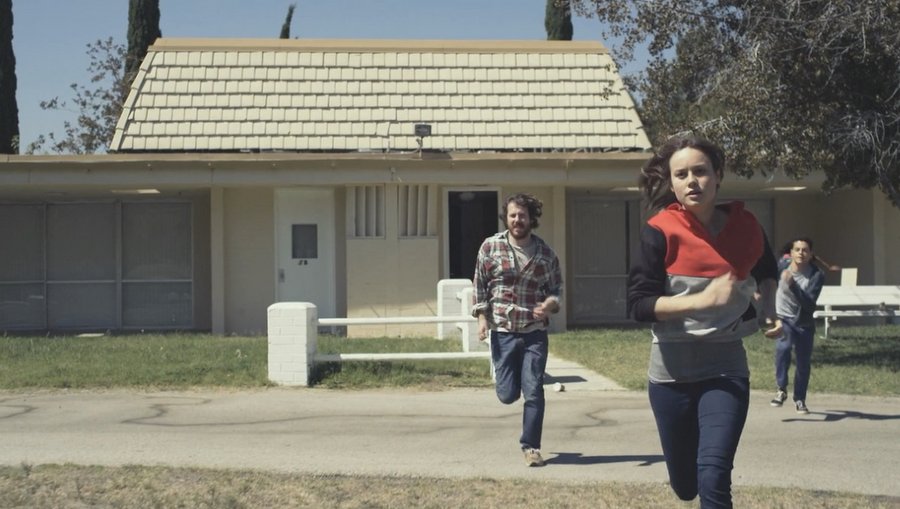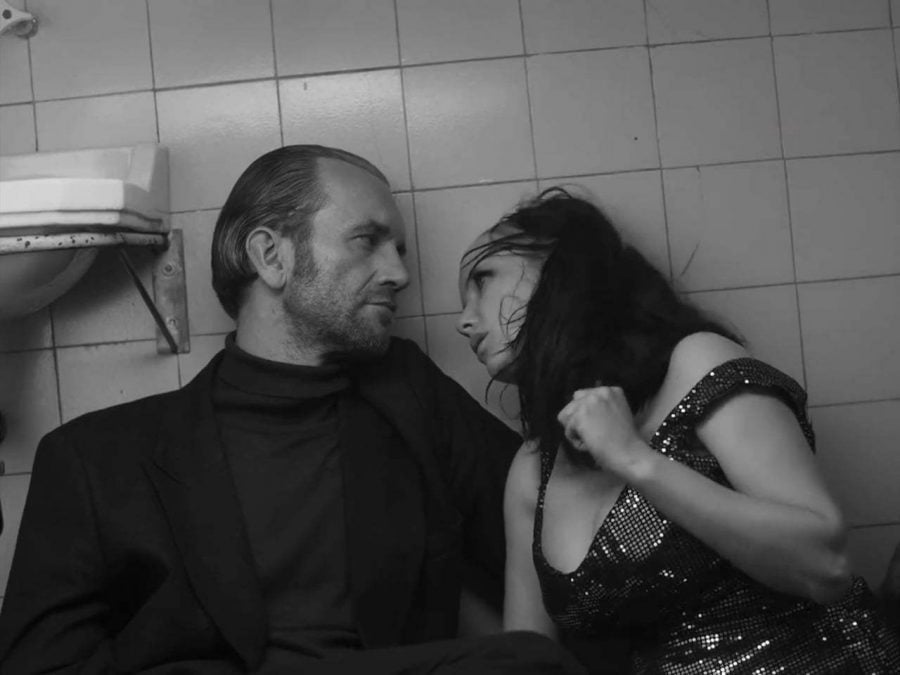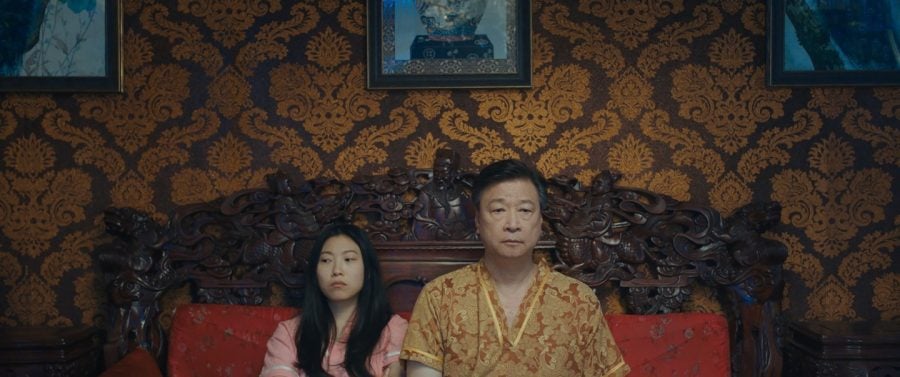The Deepest Breath (2023)

7.3
Movie
TLDR
Extreme sports films like this need a content warning about everyone being okay in the end.
What it's about
The take
Freediving is a particularly cinematic sport because it taps into something beyond what the human body is capable of. Skilled divers hold their breath for long enough to reach more than 100 meters deep, and watching footage of that incredible feat is exhilarating, to say the least. The Deepest Breath capitalizes on that very spectacle—being exposed to death and conquering it—and banks on using archival footage of world records and training. It's a smart move, as it keeps the spectator on edge, but it can also be a cruel way to put thrills over ethics. The editing is kept suggestive, but sometimes, shamefully, at the cost of misrepresenting Alessia Zecchini and toying with the viewer's expectations to the point of callousness.
What stands out
The Deepest Breath feels like a history of freediving as a discipline and the script is built around the notions of beauty and danger. By weaving the story of both Alessia and Stephen's lives from very early age, the narrative elicits empathy and openness, two crucial qualities that the audience will find reflected back at them from the screen. The talking heads, the archival clips, the editing, and the rhythm they orchestrate are all in service of a heroic plot that feels ever-expanding. As deep as the protagonists' ocean dives, our spectatorial involvement directly follows from a carefully constructed, but also true to life, script.
Comments
Your comment
UP NEXT
UP NEXT
UP NEXT
Curated by humans, not algorithms.

© 2025 agoodmovietowatch, all rights reserved.

